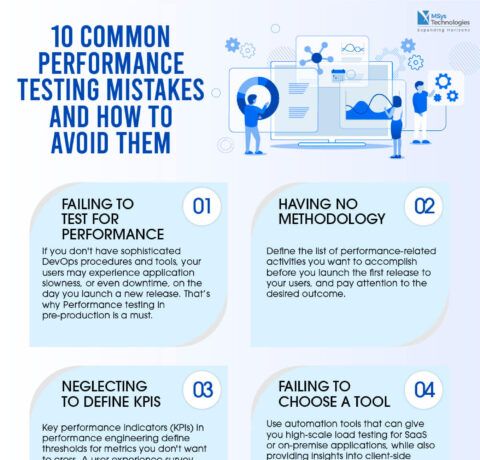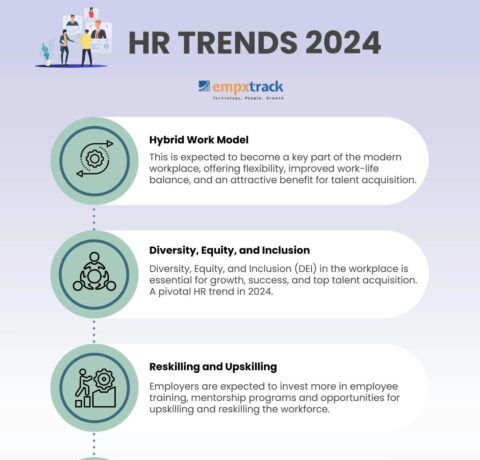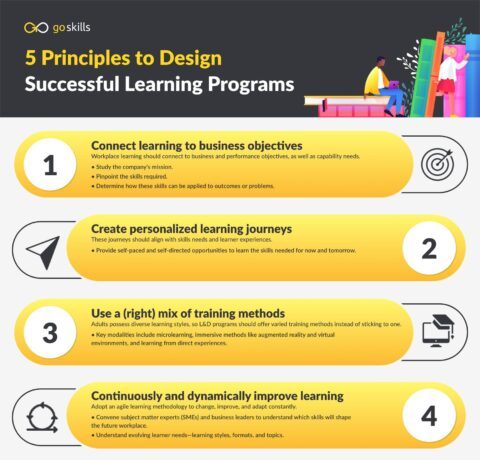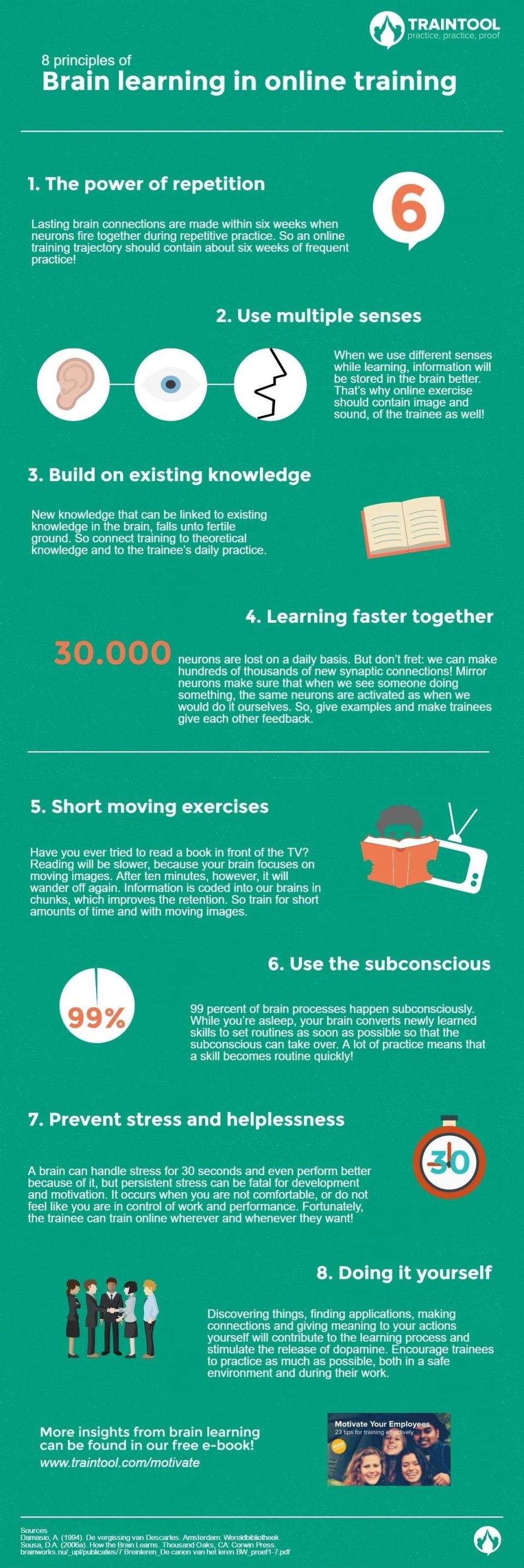8 Principles of Brain Learning in Online Training Infographic
We've talked about implementation of scientific insights in online training multiple times before. Live training days are usually based on the same principles, but online everybody can take advantage of them. Think about unlimited repetition and preventing stress or shame for instance. Learn the 8 principles of brain learning in online training in this infographic!
1. The power of repetition
Lasting brain connections are made within six weeks when neurons fire together during repetitive practice. So an online training trajectory should contain about six weeks of frequent practice!
2. Use multiple senses
When we use different senses while learning, information will be stored in the brain better. That’s why online exercise should contain image and sound, of the trainee as well!
3. Build on existing knowledge
New knowledge that can be linked to existing knowledge in the brain, falls unto fertile ground. 80 connect training to theoretical knowledge and to the trainee’s daily practice.
4. Learning faster together
30.0000 neurons are lost on a daily basis. But don’t fret: we can make hundreds of thousands of new synaptic connections! Mirror neurons make sure that when we see someone doing something, the same neurons are activated as when we would do it ourselves. So, give examples and make trainees give each other feedback.
5. Short moving exercises
Have you ever tried to read a book in front of the TV? Reading will be slower, because your brain focuses on ‘moving images. After ten minutes, however, it will wander off again. Information is coded into our brains in chunks, which improves the retention. So train for short amounts of time and with moving images.
6. Use the subconscious
99 percent of brain processes happen subconsciously. While you’re asleep, your brain converts newly learned skills to set routines as soon as possible so that the subconscious can take over. A lot of practice means that a skill becomes routine quickly!
7. Prevent stress and helplessness
A brain can handle stress for 30 seconds and even perform better because of it, but persistent stress can be fatal for development and motivation. It occurs when you are not comfortable, or do not feel like you are in control of work and performance. Fortunately, the trainee can train online wherever and whenever they want!
8. Doing it yourself
Discovering things, finding applications, making connections and giving meaning to your actions yourself will contribute to the learning process and stimulate the release of dopamine. Encourage trainees to practice as much as possible, both in a safe environment and during their work.







You can adjust your cookie preferences here.